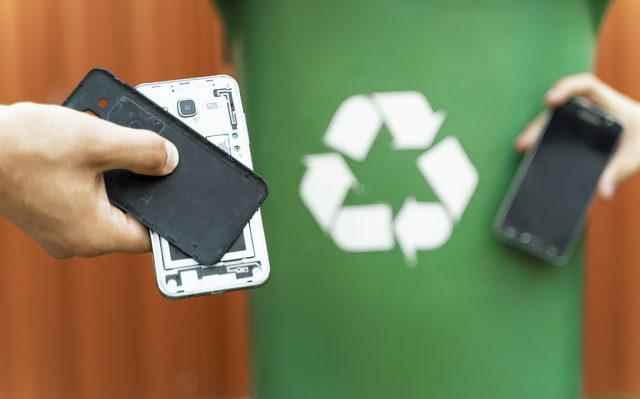The European Union is carrying out important studies one after another concerning the smartphone industry. The EU will first force smartphone manufacturers to open their devices to third-party app stores from January 2024, then make USB-C mandatory for portable electronics from late 2024. However, according to the news of GSMArena; new EU legislation may bring back user replaceable batteries.
BATTERY NAME FROM EU
According to that news; The EU has reached a tentative agreement on batteries. According to the statements in the news, this temporary agreement will require portable devices to have user-replaceable batteries.
The tentative agreement covers batteries of almost every size, from portable batteries to electric scooter, electric bicycle batteries and electric vehicle (EV) batteries.
BATTERIES WILL BE EASIER TO REMOVE AND REPLACE
In this agreement “digital battery passport” and “requirement for each battery to carry labels and QR codes with information on capacity, performance, durability, chemical composition and the symbol “separate collection” There are many details like these, but only one detail draws attention.
According to that detail, three and a half years after the legislation came into force, portable batteries in devices must be designed in such a way that consumers can easily remove and install them.
According to GSMArena’s report, this law – if passed – would give manufacturers three and a half years to regulate their portable devices so that users can easily remove and replace their batteries.
This is interpreted as removable batteries can return.
Thus, when the phones experience a loss in battery performance, the battery can be easily replaced. This will pave the way for a phone to last longer. Batteries will be safer and easier to remove.
As we said before, user-replaceable batteries used to be a standard in smartphones. However, they are so rare nowadays.
According to the European Union, the negotiators agreed on stronger requirements to make batteries more sustainable, performant and durable. However, it is not yet known when this regulation will come into effect.
